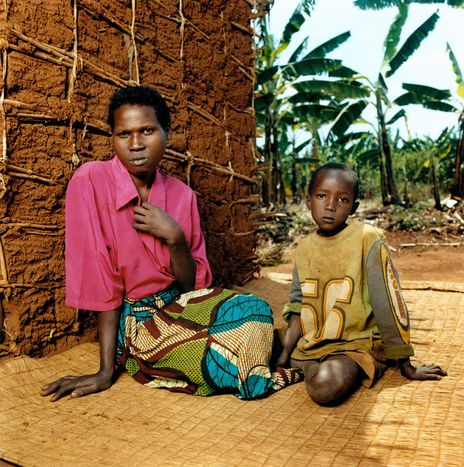
Two decades on, UN convention on rights of child remains a blueprint
Published on
Translation by:
 Nathalie Harris - Dublin
Nathalie Harris - Dublin
20 November marks the 20th anniversary of a convention which lacks the power to enforce the legal entitlements of children: an estimated 300 million children worldwide are subjected to violence, exploitation and abuse, according to Unicef. To mark the day, the world photography awards and Unicef are asking for
photo-pledges to support children's rights, launching the campaign with leading photographers
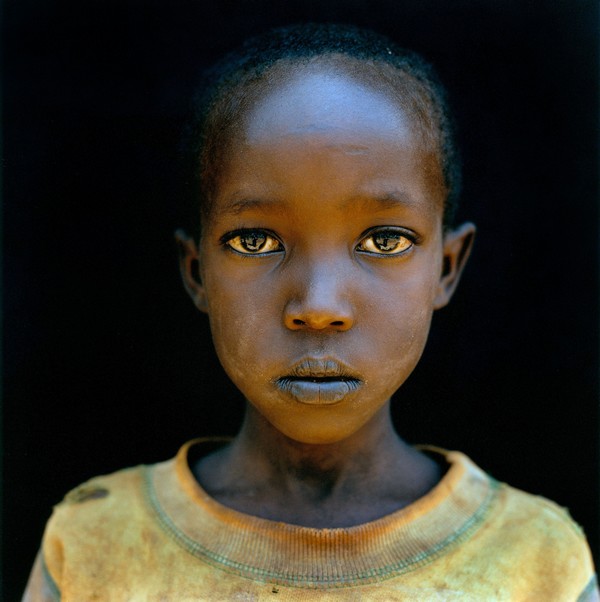
About 29, 000 under-fives die every day - 21 each minute - mainly from preventable causes
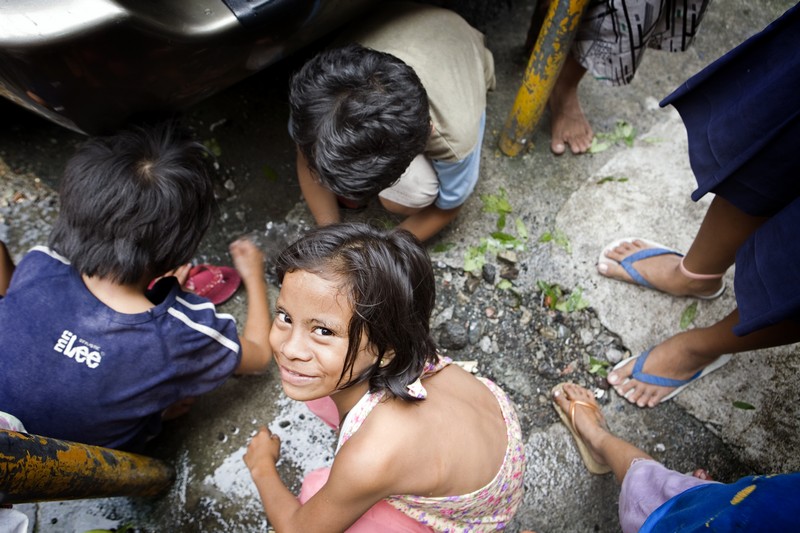
The UNCRC was ratified more quickly and by more countries (excepting Somalia and the USA) than any other human rights instrument. It has spurred laws to be altered to change the way international organisations view their work for children and supported an agenda to better protect in situations of armed conflict
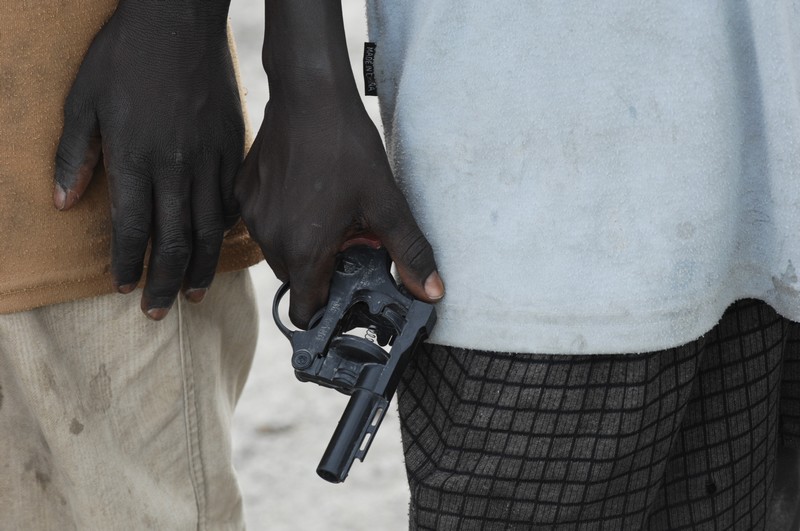
But because of its broad acceptance, the convention may not be sufficiently challenging. Moreover, due to the world recession, foreign development aid funding such as European official development assistance (ODA) has been cut
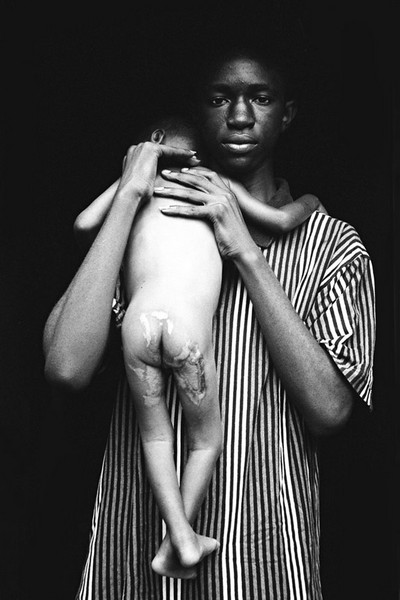
Children's welfare organisations are campaigning for the UN to establish a complaints mechanism for the UNCRC. This would pressurise states to fulfil their support for legal remedies at an international level. Plan Ireland, a child-centred NGO, and others are currently carrying out a five year Universal Birth Registration (UBR) campaign: without a certificate, the over 51 million children born each year who are unregistered may have difficulty accessing health care or education
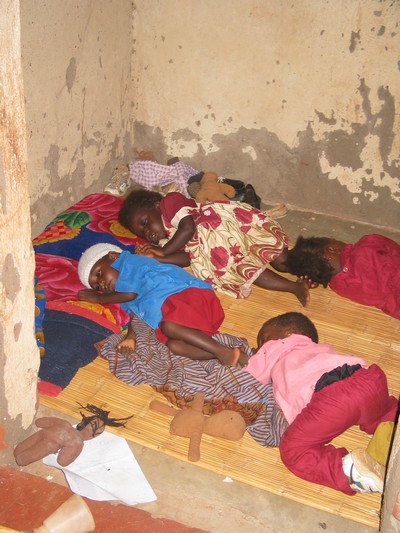
Yet the UNCRC stipulates all children shall be ‘registered immediately after birth and shall have the right from birth to a name’ (article 7). ‘More than 40 million people across 32 countries, most children, have been 'found' and registered,’ says David Dalton, CEO of Plan Ireland. The European commission has responded that universal birth registration has not been included as a specific goal in its development strategy
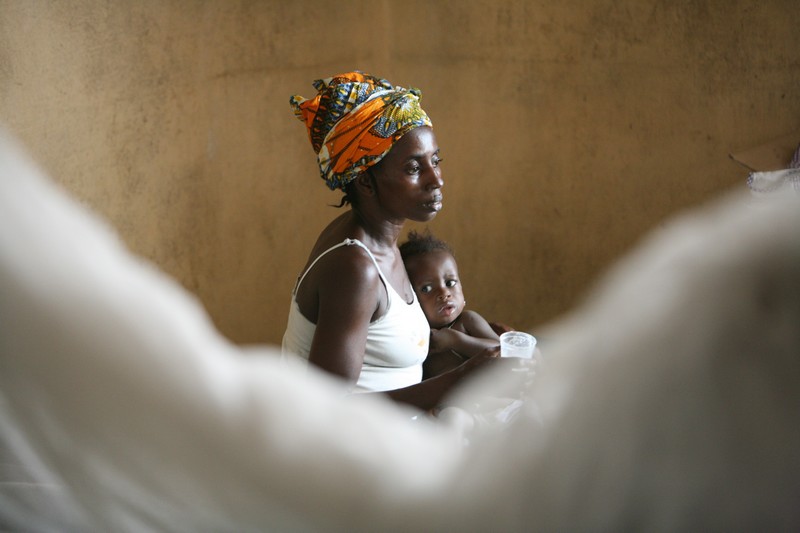
To mark the convention's anniversary, in cooperation with UNICEF and UNRIC, the European commission is organising a series of events around the world including concerts, festivals and seminars. The EU has developed numerous instruments for the promotion of children's rights and protection of children from violence, such as the 'Building a Europe for and with Children Programme 2006-2011', which aims to help key players concerned to design and implement national strategies concerning children's rights
Translated from La Convention des droits de l’enfant a 20 ans


